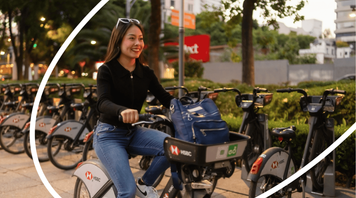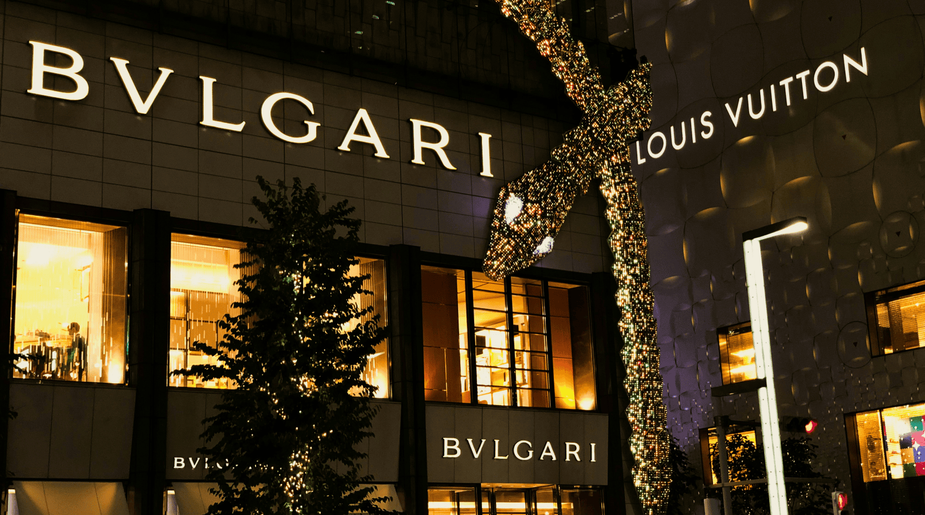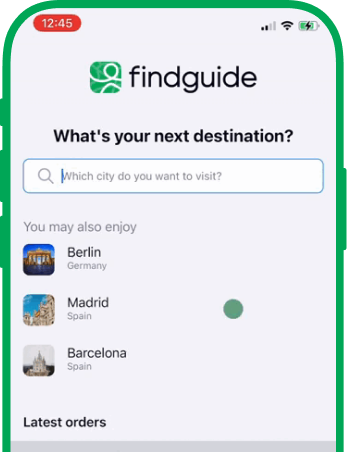
7 Most Expensive Cities in the World (2025)
- most expensive cities 2025
- cost of living 2025
- expensive cities in the world
- hotel prices 2025
- travel tips

Prices are rising globally, and some cities are becoming seriously expensive for both residents and travelers. Understanding where your money will be stretched the most — and how to make it go further — is more important than ever. This list is based on recent global cost-of-living rankings, giving a clear picture of what life costs in 2025.
Zurich — The Most Expensive City in the World

Zurich combines Swiss efficiency with a blend of business and culture. Clean streets, timely trams, and the calm Limmat River make it a pleasure to explore — if your budget allows.
Average Costs: Rent for a one‑bedroom in the city centre is about $2,500–$4,500/month; grocery costs are $60–$120/week; a mid-range restaurant meal is $25–$60; and a Zürich Card for transport & museums costs around $90/month.
Hotel Prices: Three-star hotels average around $270/night, four-star about $339/night, and luxury (5-star) properties can go up to $769/night.
Smart Saving Tip: Grab ready-made meals from Migros or Coop and enjoy them by the lake or river — local feel, but far cheaper than restaurants. A Zürich Card can save on transport and museums.
Geneva — High Costs in a Global Hub

Geneva is home to international organizations, upscale shopping, and picturesque lakeside views, and its price tag reflects that.
Average Costs: Rent (central one-bedroom) runs $2,200–$4,000/month; groceries cost $80–$150/week; restaurant meals are $30–$70; public transport is $75–$100/month; premium services (like gyms) often start at $100 per session.
Hotel Prices: On Booking, modest hotels start around $190–$230/night for more affordable options, though many mid-to-high tier places are in the $220–$300+ range.
Smart Saving Tip: Try Geneva’s daily food markets like Plainpalais Market or Marché de Rive, where you can grab fresh bread, cheese, fruits, and prepared meals for much less. Also, look for cafés that offer “plat du jour” (daily specials) — often a full meal at a fixed, reasonable price.
New York City — America’s Most Expensive Metropolis

New York ticks with energy — but that energy costs. Apartments, food, transport, and attractions all demand a significant budget.
Average Costs: A one-bedroom in Manhattan costs $3,000–$5,500/month; in Brooklyn/Queens, $2,200–$3,500. Groceries are $50–$100/week; casual restaurant meals run $25–$60; a subway pass is $132/month; taxis are $15–$30 per ride. Entertainment like Broadway shows ranges $100–$250+, museums are $25–$40.
Hotel Prices: The average nightly rate for hotels is around $300+, reflecting strong demand and limited supply.
Smart Saving Tip: Use combo city passes if you plan to visit multiple attractions, and eat at local delis or food trucks for cheaper meals than tourist restaurants.
San Francisco — Tech Capital With High Living Costs

San Francisco brings together the iconic bay, steep hills, and a tech economy — but don’t forget how steep its costs are.
Average Costs: One-bedrooms go for $3,200–$5,000/month; groceries are $50–$100/week; casual meals cost $20–$40; owning a car (insurance + parking) is roughly $500–$700/month; public transit costs ~$100/month; tourist attractions are $30–$70.
Hotel Prices: Based on Booking data, 3‑star hotels average $196/night, 4-star around $281/night, and 5-star can hit $500/night or more.
Smart Saving Tip: Explore ethnic neighborhoods like the Mission District or Richmond for high-quality, affordable meals. Consider renting just outside downtown to save on housing while staying connected by transit.
Honolulu — Expensive Paradise in the Pacific

Honolulu is a postcard from paradise — but paradise isn’t cheap. The cost of shipping goods, plus limited housing, pushes prices way up.
Average Costs: Central one-bedroom rentals run $2,500–$4,000/month. Groceries are $70–$130/week; dining ranges from $20–$50 for casual spots to $50–$100+ by the beach; bus passes are $70/month; cars cost $400–$700/month including gas and insurance.
Hotel Prices: According to hotel‑price indices, average nightly rates for hotels in Honolulu are around $160–$190.
Smart Saving Tip: Shop at local farmers’ markets such as KCC Farmers’ Market for fresh produce and cooked meals. Use public buses to get around instead of taxis or rentals, and try beachside picnics for meals with a view.
Reykjavik — Remote and Costly Nordic Capital

Reykjavik feels remote, and that remoteness shows in its hotel prices and living costs. Imported goods and limited economy of scale push things up.
Average Costs: Short-term rentals are $2,000–$3,500/month; groceries $80–$150/week; casual meals $25–$50; car rentals ~ $100/week; tours and outdoor activities $50–$150+ each.
Hotel Prices: According to Booking, 3-star hotels average $203/night, 4-star around $335/night, and 5-star hotels can reach $731/night.
Smart Saving Tip: Prepare some meals at your accommodation and enjoy them outdoors at public parks or by the waterfront. Book tours in advance to avoid peak-season price surges, and consider free outdoor activities like hiking nearby trails.
Singapore — Asia’s Most Expensive City

Singapore is orderly, clean, and—as you might expect—pricy. But it also has a range of hotel options.
Average Costs: One-bedrooms in central Singapore are $2,500–$4,500/month; groceries cost $40–$80/week; hawker‑centre meals go for $3–$6; casual restaurants $15–$50; MRT + bus passes ~$100/month; entertainment or luxury nights often start at $50+.
Hotel Prices: On Booking, 3-star hotels average $136/night, 4-stars are around $193/night, and 5-star properties typically go for $375/night.
Smart Saving Tip: Eat at hawker centers for affordable, authentic meals and use MRT + buses instead of taxis. Staying just outside central districts can cut lodging costs, while transit makes commuting easy.
Why These Cities Are So Expensive in 2025
High-quality infrastructure, world-class services, scenic appeal, and global business hubs drive prices up. Luxury and convenience come at a premium, whether it’s housing, dining, or entertainment.
How to Save Money in the World’s Most Expensive Cities
Eat like a local to avoid tourist traps, use city transport passes wisely, choose accommodation strategically, and mix high- and low-cost options to maintain comfort without overspending.
Make Your Trip Better With Local Guides
To explore these cities beyond tourist highlights, download FindGuide and connect with local guides. Discover local favorites, authentic experiences, and insider tips, turning any expensive city into an unforgettable adventure.










